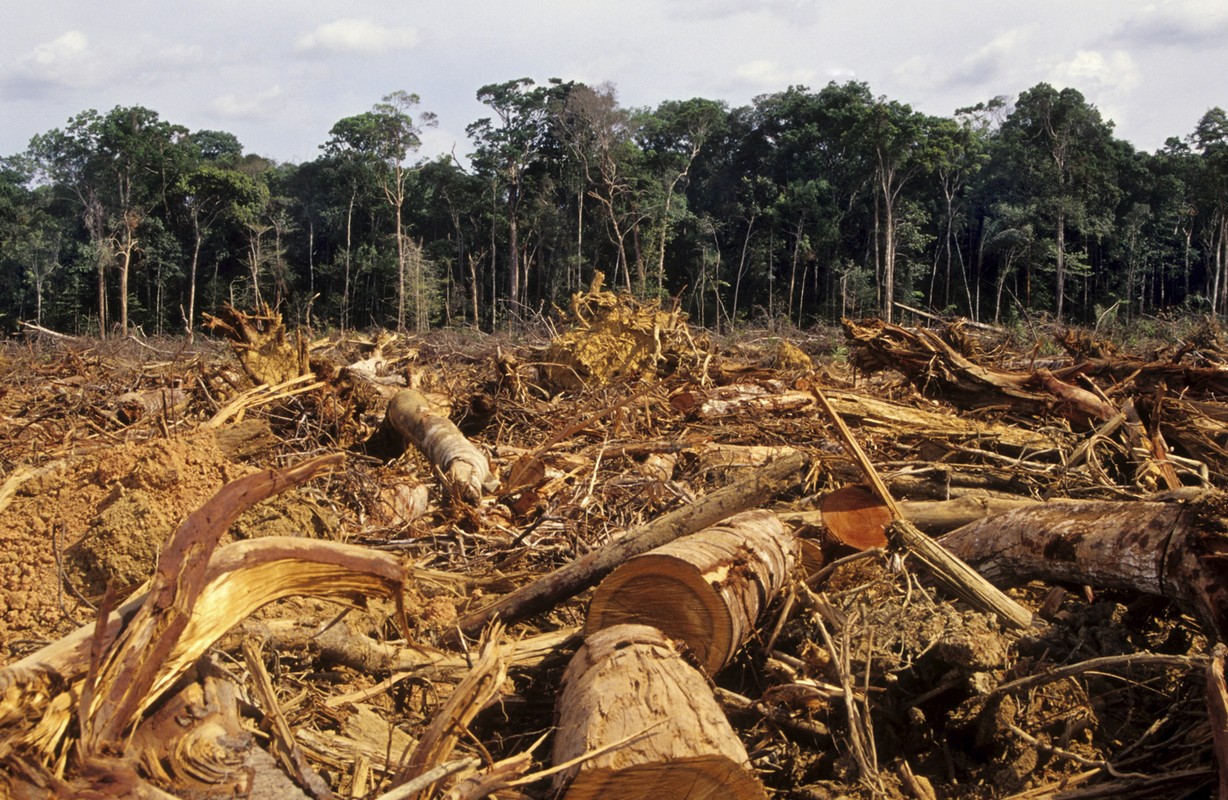Corporate Social Responsibility, or “CRS”, has increased in the past years. Any company that wishes to be taken seriously by its customers and investors, adds statements in CRS on to their website and their annual report. But the “social responsibility” side of businesses have started to sneak up on certain businesses and take an ever increasing, sometimes lion’s share of a businesses’ objectives. Is it possible that social enterprise is the business of the future? A greater look at BioCarbon Partners may help Canadian investors decide if social enterprises can be sustainable and if it is these companies that Canadians should look to invest in outside Canada.
Biocarbon Partners is an organisation that works in REDD, Reducing Emissions from Deforestation and Degradation, carbon credits. This aims to reduce greenhouse gases by preserving forest cover, to enable trees to take in the carbon dioxide. In Africa, many citizens, often living below the poverty line, make their livelihoods from cutting down trees and selling the wood, or making charcoal for cooking. What sets Biocarbon Partners aside from other carbon credit companies is the immense effort it puts into addressing this issue.
BioCArbon Partners ( BCP) prides itself on creating “meaningful alternatives to deforestation and bringing significant positive benefits to local stakeholders: and has recently achieved the CCBA (Community, Conservation and Biodiversity Alliance) accreditation which certifies that it is indeed delivering benefits to the surrounding communities. How is it able to do this? BioCarbon Partners promotes an ethical three- way split of its profits where one entire third is dedicated exclusively to reinvesting significantly in community development projects. It is one of the few social enterprises in its field to donate such a large share to pure community development.
[captionpix align=”left” theme=”elegant” width=”300″ imgsrc=”http://natoassociation.ca/wp-content/uploads/2013/10/asdfadfa.jpg ” captiontext=]
BCP launches a series of small and large-scale projects in partnership with community stakeholders that are designed to sustainablyaddress local causes and drivers of deforestation (such as poverty).These include alternative business development investment like honey, bio-charcoal and tourism demand-driven social service investments and conservation agriculture.
This work is supported by a Community Engagement Team which responsible for ensuring that the community is on board with the new projects. Without their support the projects cannot advance. The team identifies local drivers of deforestation, and works with local stakeholders to design projects that meaningfully improve local livelihoods to the extent that they no longer feel the pressure to engage in deforestation. Their work complies with relevant human rights standards and the principles of obtaining Free, Prior and Informed Consent (FPIC) from stakeholder communities.
The “social” and “enterprise” side of the business overlap in every way. We see two layers of “enterprise”: first when the company makes its profit as an enterprise, but second when the money that then goes to communities allows them to start an enterprise which has the potential to develop the local area. The land preservation which the company undertakes also includes community benefits as the company employs community scouts to watch the land, and employs them in infrastructure development, both of which are job creation sources.
Is going through the extra “hassle” of engaging with communities really worth it? Surely it would be easier to cut out the share of money and the efforts that go toward community development? For BCP, the answer appears to be that an engaged cooperative community is more of an asset to the company, and alternative ways for people to make a livelihood means fewer trees are cut and more forest can be conserved to sell credits from.
The deep commitment BCP has towards communities can be seen in the fact that they have set up a Trust, BioCarbonPartners Trust , to exclusively handle the share of profits that go towards community development projects. This also ensures that donors giving to the project for the purely social side can be sure the donations are not used for anything else but community improvement.
BCP is perhaps unique in that it is a business that sees the success of its enterprise to some extent dependent on the success of its social side. Social enterprises like these, therefore, make for smart business CRS investments for Canadian companies. The world is also possibly moving to a situation where “making your penny stretch the furthest” no longer only means what gives you the most monetary returns, but also whether your investment is able to tangibly uplift humanity. Canadian businesses and NGOs have already recognised the benefit of investing in and supporting companies such as these. Engineers Without Borders Canada, Business Development Services Programme, which provides professional agricultural, engineering and business support to developing enterprises in Africa has identified BCP as having the greatest long-term potential impact on poverty, food security and economic opportunity within their region. EWB is seconding engineering specialists to help BCP tackle climate mitigation solutions at the village level. More Canadian companies should support businesses like this too.




